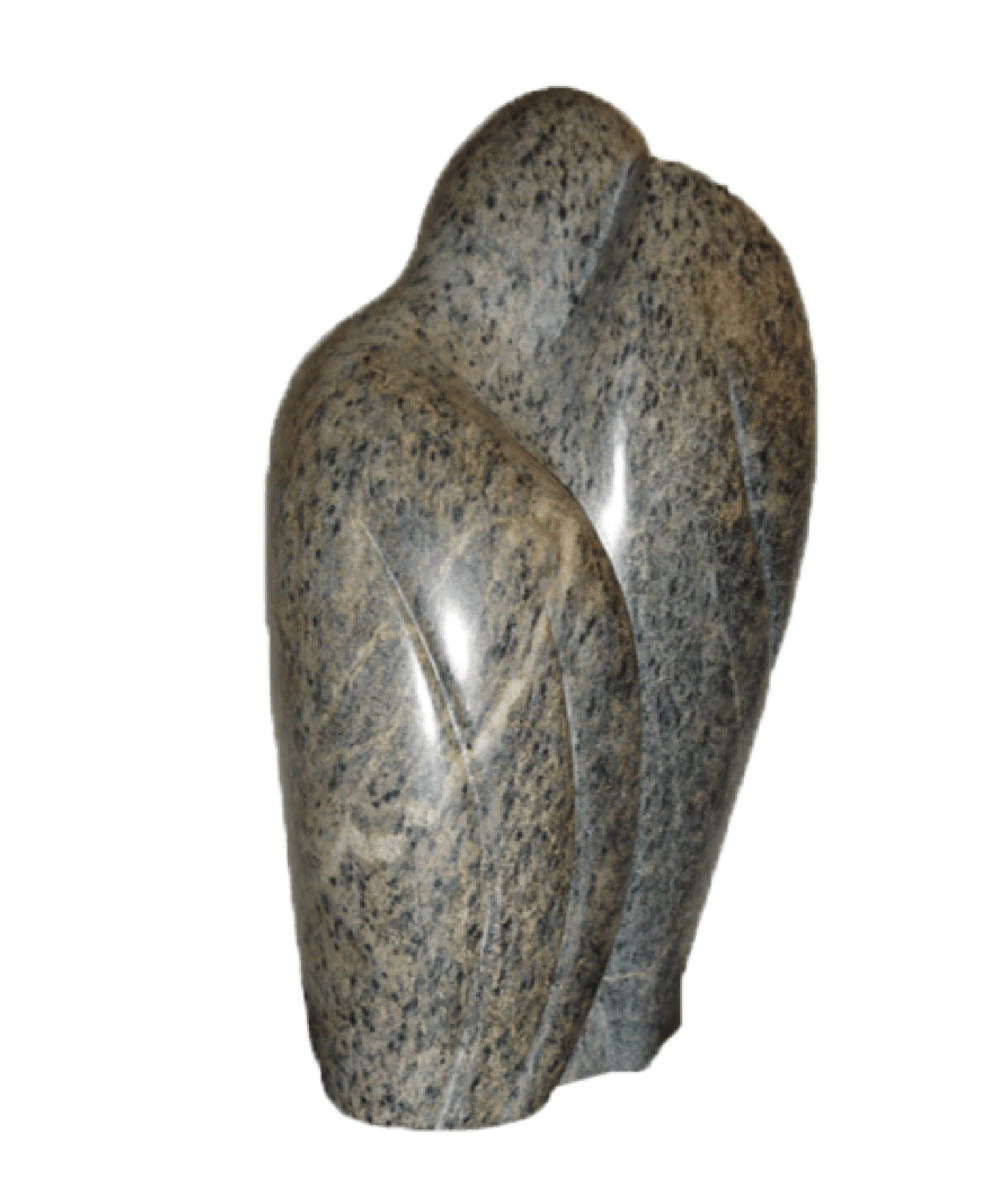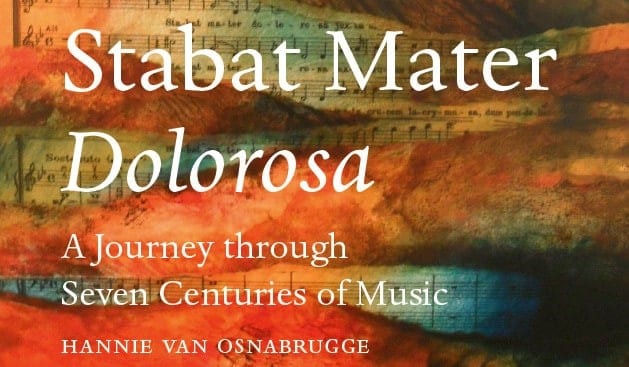On the web page Missing Cds you will find a list of over 400 composers who may have composed a Stabat Mater that never has been recorded or even never has been performed. It always makes me happy to delete one from the list like I recently did with Howard Blake and Nicola Logroscino.
Andrea Bernasconi, a composer on my list, was born in Italy, in 1706. Andrea started his career in Italy but in 1755 he was appointed to the post of Kapellmeister at the Bavarian court in Munich where he produced several operas, a few symphonies and a great deal of church music. The manuscripts of the church music were preserved in the Allerheiligen-Hofkirche in Munich until 1944, when the entire collection was destroyed by Allied bombing. Fortunately a few of the sacred works survived in other libraries, including two settings of the Stabat Mater in C minor and G minor. This is what I learned from Mr. John A. Rice who contacted me about Bernasconi. Mr. Rice is a music historian and he is responsible for the YouTube channel Settecentista. The primary aims of his videos are two:
1) to help listeners learn the conventions–melodic, harmonic, and formal–that underlie eighteenth-century music; and 2) to introduce listeners to the musical delights and analytical insights that await them as they go beyond the music of Haydn, Mozart, and Beethoven.
He is working on an edition of the two Stabat Mater settings, which (as far as he knows) have not been performed since the eighteenth century. John Rice was so kind to share this video with me. For me it is interesting to have a first hearing of the opening movement in a ‘virtual performance’ which we, John Rice and me, hope will encourage choral conductors to perform it ‘live’.
NB: The words in capital letters above the music refer to voice-leading schemata as introduced by Robert Gjerdingen in his book “Music in the Galant Style.” Some of the terms (such as Prinner and Sol-Fa-Mi) were introduced by Gjerdingen in his book; others (such as Lully and Le-Sol-Fi-Sol) were introduced by others, including John Rice.

Missing Cds: Bernasconi
Footer
Visit YouTube
Photos on Instagram
Stabat Mater Book
Interested?
Subscribe to the newsletter

 Stabat Mater in film
Stabat Mater in film


